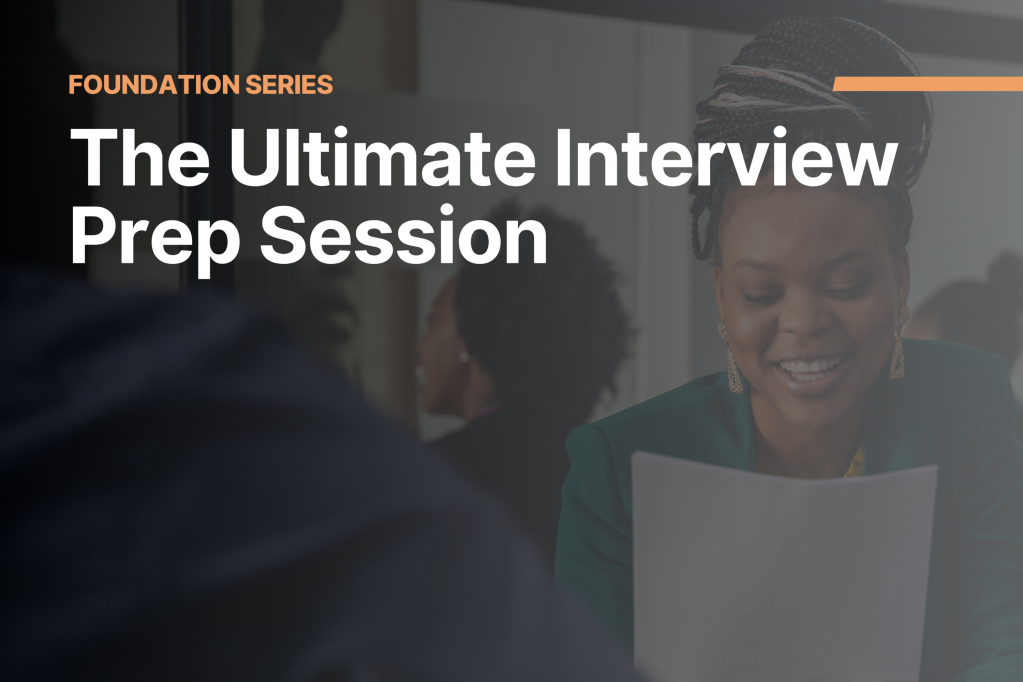
Employer-competitive candidates understand how to speak confidently about their technical and transferable skills in ways that sell their professional value to employers. View a more detailed interview prep guide in the Behavioral Interview Prep Guide.
Tell me about yourself.
Think about your past (previous experience and education), present (your current job and how it’s preparing you for this role), and future (why you want the job you’re interviewing for).
What are your greatest strengths and weaknesses as a healthcare provider?
For strengths, consider the job description and the required skills in the posting and align them with skills you’ve mastered. For weaknesses, honestly explain an area you need to work on, but make sure to note actionable steps you’re taking to improve.
Why did you choose a career as a physician assistant [and this speciality]? Why do you specifically want to work here?
Explain your motivation for going into healthcare and, if relevant, your specific specialty. While this question asks about your initial motivations, it’s best practice to also incorporate additional motivations based on what you’ve learned in your program and emphasize why this career continues to be a great fit. Demonstrate your research into the hospital/doctor’s office/school, etc., what you like about it, and why your skills make you the best candidate for this role.
What do you see as the most important trends shaping the future of healthcare? Where do you see yourself fitting into that vision of healthcare?
This question is designed to investigate your perspective on healthcare and its future, and how they align with the values of the hospital or organization you are interviewing with. If the hospital promotes itself as cutting edge, zoom in on specifics. Ideally, you’ll discuss cutting edge innovations in your speciality. Then explain how your career goals intersect with these innovations.
How do you build rapport with nurses, physicians, and other healthcare professionals? Tell me about a specific time when a collaboration with a colleague resulted in a positive patient outcome.
Talk about your general approach to building rapport with colleagues. Pick a specific example to answer the question and illustrate how collaboration facilitated a successful outcome. Make sure the situation you pick showcases you taking a proactive role.
Tell me about a time when you were in conflict with a colleague about a patient’s treatment plan. What did you do and how did it resolve?
“Tell me about a time…” indicates a behavioral interview question, so use the STAR (situation, task, action, result) method to tell a story. This question focuses on how you manage conflict and advocate for your patients’ best interests.
What clinical skill was the most challenging for you to develop? Tell me about how you approached mastering this skill despite the challenge.
A key part of healthcare is staying up-to-date on new skills and trends in your field. The organization wants to see that you are dedicated to learning and growing as a practitioner. Think about a story that answers the question honestly. Always use a specific example using the STAR method.
What diversity, inclusion, and/or cultural competence training or coursework have you received and how have you applied what you learned in your practicum?
Zoom in on a few key takeaways from training or coursework you’ve completed. Pick a specific time when you incorporated one of those takeaways into your work. Tell a story using the STAR method.
How would you manage the following scenario: [insert a patient scenario in your specialty]?
While the behavioral interview is mostly focused on fit and communication skills, there will always be a few specific and technical questions. For scenario-based questions, provide detailed answers about how you would handle a situation. Walk the interviewer through your answer step-by-step. If you have a similar or relevant work experience, share that example as well.
How do you manage stressful situations? Tell me about a specific situation at work that caused you significant stress and how you coped.
Highlighting that you can manage the demands of a stressful job is essential. There is no right answer to this question. The only wrong answer is that you don’t practice any positive coping strategies. The interviewers want to know that you put thought into your well-being so you can successfully treat patients.
Pro Tip: Always keep your answers positive, demonstrate what you’ve learned, and tell a story using the STAR framework (Situation, Task, Action, and Result) for behavioral questions so you can provide details about your accomplishments.






